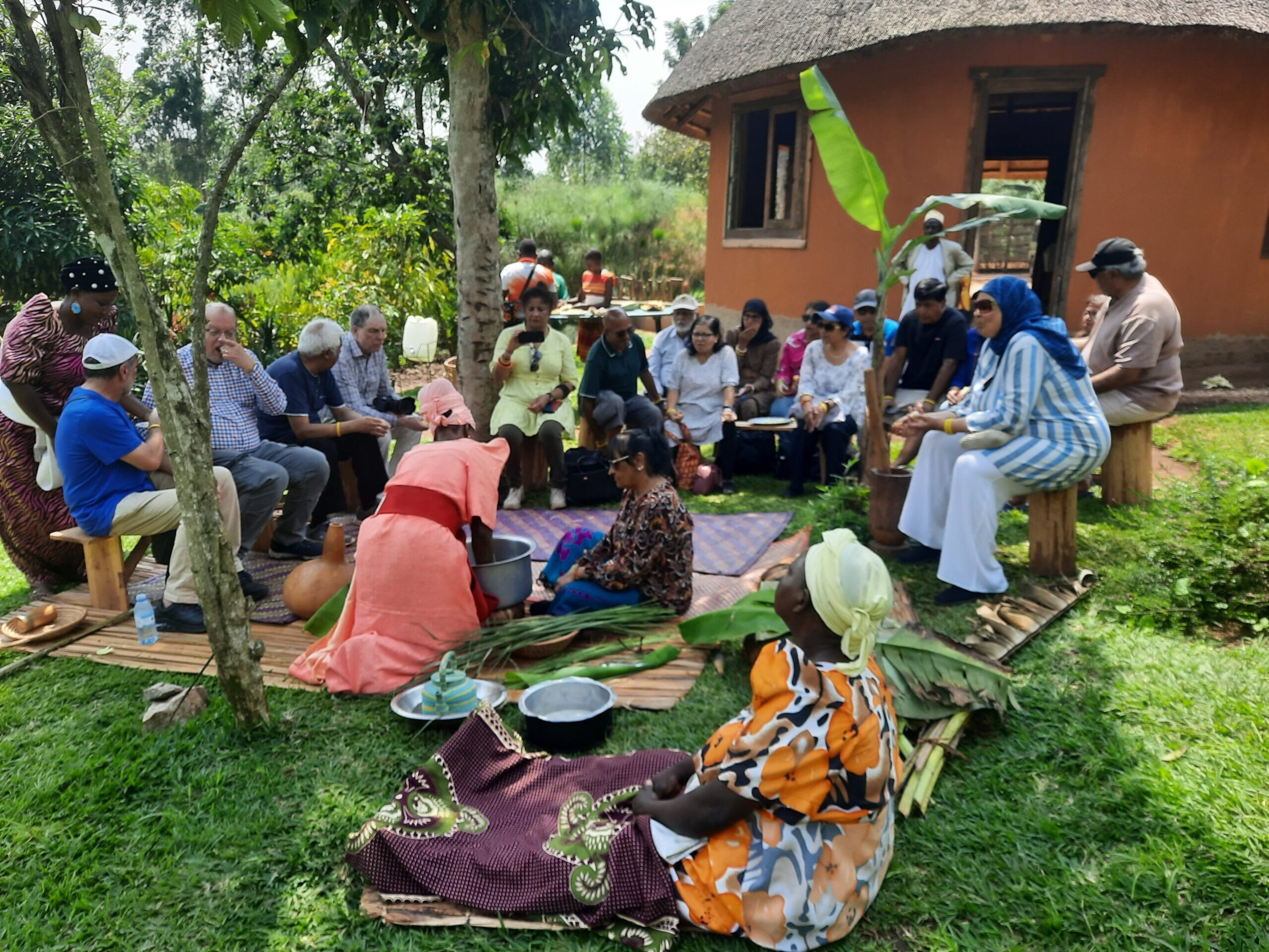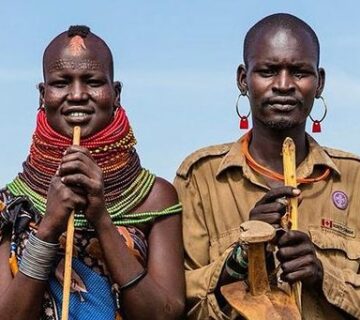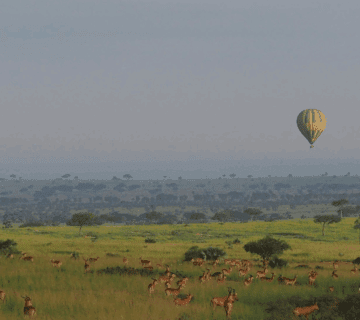Uganda, fondly known as the Pearl of Africa, is celebrated for its rich natural landscapes, incredible wildlife, and most notably, its diverse and vibrant cultures. Home to more than 56 ethnic groups, each with unique customs, languages, dances, and traditions, Uganda offers an unforgettable journey for cultural enthusiasts. Cultural group tours Uganda present an enriching opportunity for travelers to connect deeply with local communities, participate in traditional practices, and gain firsthand insight into the way of life in various regions.
Whether you’re a seasoned traveler or a first-time visitor, joining a cultural group tour in Uganda opens doors to authentic experiences that go beyond the ordinary safari. This blog explores what to expect on a cultural group tour in Uganda, what makes it unique, and why it’s becoming an essential part of any travel itinerary.
A Tapestry of Cultures
One of the most remarkable aspects of cultural group tours Uganda is the sheer diversity you encounter. Uganda’s population includes Bantu-speaking communities such as the Baganda, Basoga, and Banyankole; Nilotic groups like the Acholi and Langi; and the indigenous Batwa people, among others. Each group offers something distinct—from folklore and music to cuisine and crafts.
Expect to visit communities where elders share ancestral stories around evening fires, witness age-old rituals, and engage with artisans creating intricate handwoven baskets or wooden masks. The ability to travel in a group adds a dynamic layer to the experience, allowing you to reflect on the encounters with others while forming meaningful connections.
Key Regions and What They Offer
Here are some of the regions often featured in cultural group tours Uganda and the experiences they offer:
1. Central Uganda – Buganda Kingdom
Home to the Baganda people, this region allows you to explore the traditions of the most influential kingdom in Uganda’s history.
Must-see attractions include the Kasubi Tombs, a UNESCO World Heritage Site, and the Kabaka’s Palace.
Participate in traditional music and dance known as Bakisimba, and sample the staple local delicacy matooke.
2. Western Uganda – Ankole and Batooro Traditions
Engage with the Banyankole and Batooro, known for their rich cattle culture.
Visit homesteads to learn about traditional milk processing (Ekyenzi and Amata y’oburo), attend storytelling sessions, and watch royal performances in Fort Portal or Mbarara.
Don’t miss out on the graceful Ekizino dance.
3. Eastern Uganda – Imbalu and Rock Art
The Bagisu people are famous for the Imbalu (male circumcision) ceremony—a dramatic, public rite of passage that happens biennially.
Explore the cultural history surrounding the Sipi Falls and Nyero Rock Paintings, some of the oldest in East Africa.
4. Northern Uganda – Acholi and Langi Traditions
Learn about the healing and reconciliation rituals used by the Acholi after years of conflict.
Dance to the rhythms of Larakaraka and visit cultural centers dedicated to peace and storytelling.
Group tours often include community projects or school visits to support local initiatives.
5. Southwestern Uganda – The Batwa Experience
The Batwa, often referred to as “forest keepers,” are the indigenous people of the Bwindi and Mgahinga forests.
Participate in Batwa trail walks, led by Batwa guides who explain medicinal plant use, hunting techniques, and traditional songs.
These tours are not only cultural experiences but also contribute directly to the livelihoods of marginalized communities.
Activities to Expect on Cultural Group Tours Uganda
1. Traditional Dance and Music
Dancing and music are central to Ugandan culture. Almost every community has its unique rhythms and instruments, from drums and xylophones to ankle shakers and horns. As part of a group, you may learn the steps to a traditional dance or join a performance around a bonfire.
2. Craft Workshops
In places like Jinja, Kampala, and Fort Portal, cultural centers offer hands-on workshops in basket weaving, bead making, pottery, or bark cloth creation. These experiences are usually interactive and tailored to group dynamics, ensuring everyone gets involved.
3. Cultural Storytelling and Oral History
Many group tours include storytelling sessions with local elders. These stories are not just entertainment—they preserve ancestral knowledge and cultural values. Group travelers often find these sessions deeply moving and thought-provoking.
4. Home Visits and Local Cuisine
What better way to understand a culture than by sharing a meal? On cultural group tours Uganda, you’ll often be invited into homes where you can cook and eat with local families. Try luwombo (a savory stew cooked in banana leaves), roasted goat, and freshly made chapati.
5. Cultural Festivals
If your visit coincides with a local festival, you’re in for a treat. Popular events include:
The Nyege Nyege Festival (Jinja): A vibrant celebration of music and art from across Africa.
Empango Ceremony (Tooro Kingdom): A royal anniversary featuring rituals, dance, and community celebrations.
Imbalu Ceremonies (Mbale): A bold, energetic rite of passage full of symbolism and spectacle.
Benefits of Group Cultural Travel
Cultural group tours Uganda offer several advantages:
Shared Experience: Traveling as a group enhances the joy of discovery. You’ll engage in discussions, share interpretations, and form friendships with fellow culture lovers.
Cost-Effectiveness: Group tours are often more affordable, with shared transportation, guide services, and accommodation discounts.
Local Impact: Well-designed cultural group tours support local communities. Many tour operators partner with community-based organizations, ensuring tourism revenue benefits locals.
Safety and Comfort: Group travel provides safety in numbers, especially when visiting remote villages or navigating cultural nuances.
Tips for Enjoying Cultural Group Tours in Uganda
To make the most of your cultural tour:
Be Respectful: Dress modestly, ask for permission before taking photos, and follow your guide’s cultural etiquette tips.
Be Curious: Ask questions and show genuine interest in people’s stories and traditions.
Be Flexible: Rural travel sometimes comes with delays or changes. Embrace the spontaneity—it’s part of the adventure.
Support Local: Buy crafts from artisans, donate to schools or community centers, and leave a positive footprint.
Pack Smart: Include light clothes for hot days, a shawl or long skirt for visits to sacred sites, insect repellent, and a notebook for journaling your experiences.
Choosing the Right Cultural Tour Operator
A successful cultural tour depends largely on the tour operator. Here’s what to look for:
Cultural Expertise: Choose operators who demonstrate deep knowledge of Ugandan culture and have strong relationships with local communities.
Responsible Tourism Practices: Look for companies that practice ethical tourism—respecting local customs, ensuring fair compensation, and minimizing environmental impact.
Tailored Group Packages: Select tours that match your group size and interest level. Some focus on tribal experiences, others on food, crafts, or festivals.
Clear Itineraries and Pricing: Reputable operators offer transparent plans with no hidden fees.
Some companies also combine cultural group tours Uganda with wildlife safaris, making it possible to track gorillas by day and join a traditional dance at night.
Exploring Uganda through a cultural lens is an immersive, educational, and emotionally rewarding experience. As you travel in a group, you not only learn about the vibrant cultures of Uganda but also discover shared humanity in every handshake, every dance, and every story told by firelight.
In a world where fast travel often skips over deeper connections, cultural group tours Uganda offer an intentional and enriching path. They remind us that culture is not a museum artifact—it’s a living, breathing expression of community, identity, and history.
So next time you plan your adventure to Africa, go beyond the Big Five. Join a cultural group tour in Uganda and experience the soul of a nation.





